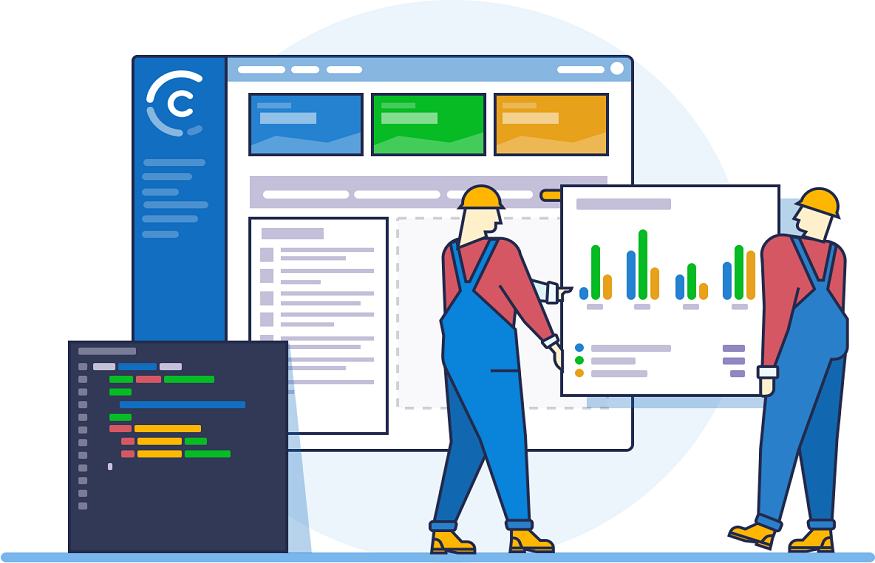What makes rms an ideal option?

Businesses of all kinds are continuously searching for ways to increase profitability. One often-overlooked but effective strategy is revenue management; it involves optimizing prices, availability and distribution to generate maximum revenue. For efficient implementation of this strategy, businesses often rely on revenue management software solutions.
Understanding Revenue Management
Before diving into revenue management software specifically, it’s essential to grasp what exactly revenue management entails. Software Revenue managementis a dynamic pricing strategy which seeks to maximize profit by selling products or services at optimal times and prices to the appropriate customer segments. Revenue management does not take a one-size-fits-all approach but rather involves taking into account multiple variables like demand patterns, market conditions and customer behaviors in its analysis process.
Revenue management involves regularly analyzing data, adjusting pricing strategies and making informed decisions to increase revenues. With businesses expanding and diversifying product or service offerings, revenue management software becomes even more indispensable for effective revenue optimization.
Revenue Management Software
Revenue management software plays a pivotal role in automating and streamlining revenue management processes, empowering organizations to make data-driven decisions, optimize pricing strategies and react quickly to market shifts in real-time. Here are some key features of revenue management software:
1. Price Optimization
Revenue management software has one primary function – price optimization. This involves examining historical data, market trends, competitor pricing strategies and customer behavior to establish profitable prices for products or services. Using sophisticated algorithms the software recommends strategies which maximize revenues without jeopardizing customer satisfaction.
2. Demand Forecasting
Revenue management software helps businesses accurately predict demand. By analyzing historical booking data, web traffic analysis, and other relevant factors, it can predict future demand patterns that enable organizations to adapt prices and availability in anticipation of peak demand periods or low demand periods, so they make maximum revenue possible.
3. Inventory Management
To effectively run businesses across various industries such as hospitality, airlines and retail stores, inventory management is of utmost importance. Revenue management software helps optimize inventory levels by making products or services readily available when demand peaks – eliminating underbooking or overbooking and improving customer satisfaction at the same time!
4. Dynamic Pricing
Dynamic pricing is a crucial element of revenue management, which involves real-time price adjustments based on supply and demand fluctuations. Revenue management software helps businesses implement dynamic pricing strategies effortlessly; for instance, hotels can increase room rates during high-demand events while decreasing them during less popular periods to attract more customers.
5. Channel Management
Channel management is another integral element of revenue management software. Revenue management solutions allow businesses to monitor how and where their products or services are sold, helping optimize distribution channels to reach the appropriate audiences while also increasing profits. This may involve working with online travel agencies, wholesalers or direct booking via their company website.
Benefits of Revenue Management Software
Now that we understand its functions, let’s consider some of its advantages to businesses.
- Increased Revenue Its Revenue management software’s primary goal is to maximize revenue. By optimizing pricing and availability strategies, businesses can dramatically boost their profits through revenue management solutions.
- Improved Decision: Making At the core of revenue management software lies data-driven decision making. With actionable insights and recommendations provided by it, businesses are better able to make educated choices which lead to increased revenue streams.
- Increased Customer Satisfaction: Revenue management software enhances customer satisfaction by making the products readily available when needed by customers at just the right moment, increasing repeat business and referrals from satisfied clients. Customers that experience reliable fulfillment of their needs tend to return, recommending your business again in turn.
- Competitive Advantage: Revenue management software gives businesses an edge by providing real-time competitor analysis and dynamic pricing capabilities, giving them a real competitive edge against market changes and maintaining strong footing in their industry.
- Efficient Resource Allocation: Effective inventory and resource management reduce waste while optimizing resource allocation to increase revenues while simultaneously decreasing operational costs. This benefits both revenue growth and operational expenses reduction.
Implementing Revenue Management Software
Revenue management software offers many advantages; however, its successful implementation requires careful planning and coordination with existing systems.
- Assess Your Needs: Before selecting a software solution, carefully analyze your organization’s unique requirements and objectives. Consider factors like its industry, size, complexity of pricing strategy etc.
- Appropriate Revenue Management Software: To meet your business goals and accommodate future expansion, find a revenue management system that aligns with your industry-specific features while still being scalable enough.
- Data Integration: Make sure the software can seamlessly integrate with existing systems such as CRM and ERP programs for accurate demand forecasting and pricing optimization. Data integration plays a pivotal role here.
- Training and Support: To ensure optimal use of the software by your team, consider investing in appropriate training as well as the support and updates offered by its provider.
- Continuous Monitoring and Adjustment: Revenue management should be an ongoing endeavor. As part of that process, regularly assess how well the software performs, adjust pricing strategies as necessary, monitor industry trends and competitor activity and stay up-to-date.
- Data Analytics and Insights: Revenue management software relies heavily on data analytics for informed decisions. These platforms often provide reports and insights into customer behaviors, pricing trends and demand patterns which allow businesses to fine-tune their strategies continually.
- Personalization: Revenue Management Software Consumer preferences and behaviors play a pivotal role when it comes to revenue maximization; revenue management software allows organizations to tailor pricing and offers specifically to individual customer groups for maximum returns on revenue generation.
- Cross-Selling and Upselling: Revenue management software doesn’t just focus on setting prices; it also seeks to enhance the customer experience through cross-selling and upselling features. For example, hotel revenue management systems might suggest room upgrades or additional amenities during the booking process, increasing average transaction values.
Conclusion
Revenue management software can be an invaluable asset for businesses that aim to maximize their profitability. By optimizing pricing, demand forecasting, inventory management and distribution processes, organizations can increase revenues while simultaneously improving customer satisfaction and maintaining a competitive advantage in an increasingly competitive marketplace. Revenue management software remains essential in creating effective revenue strategies in today’s business environments and will remain so as industries change and evolve over time within a year.





